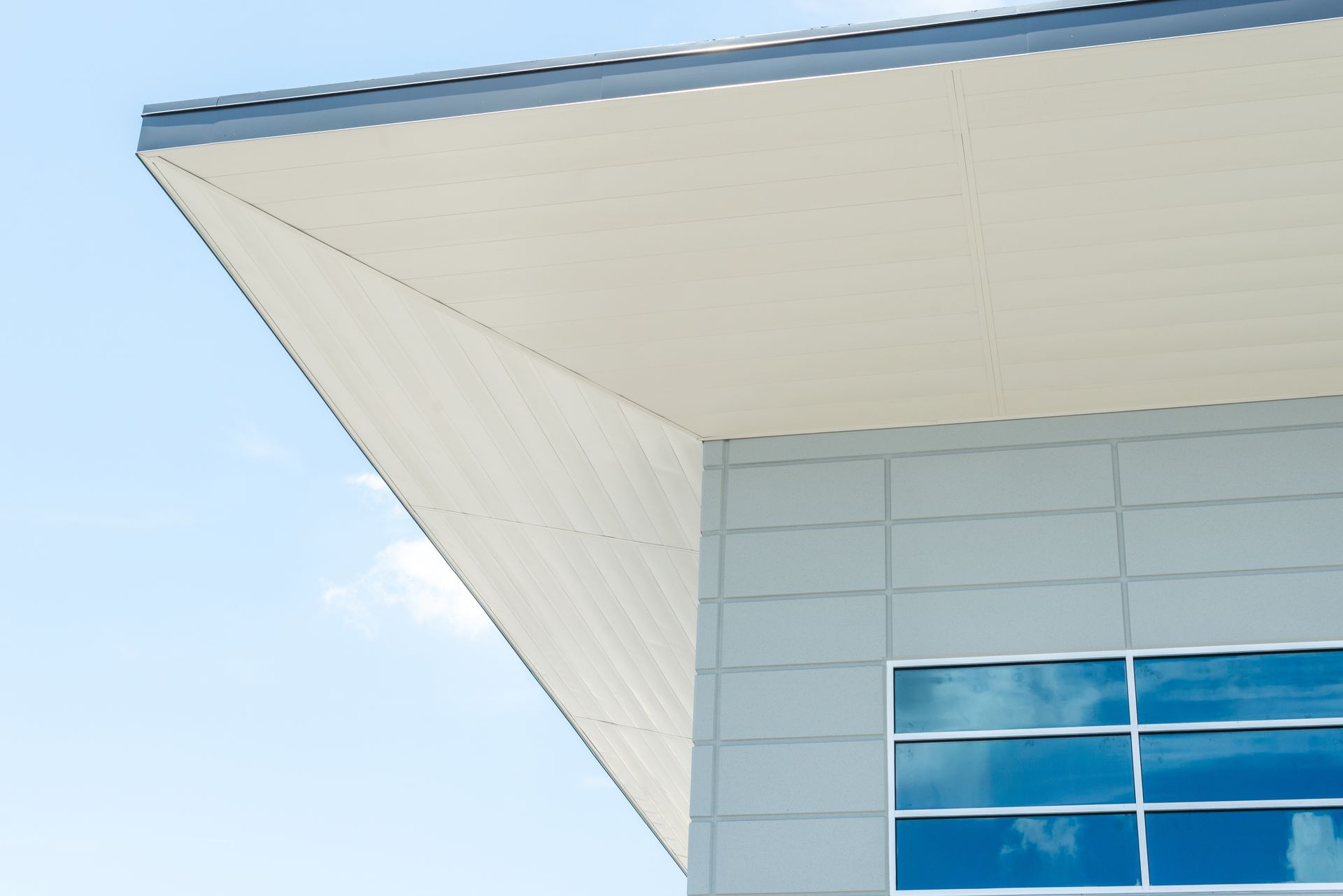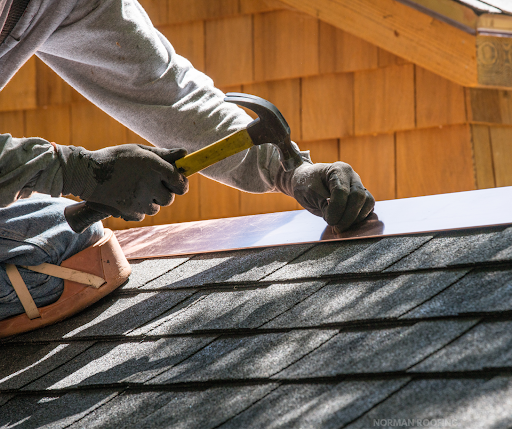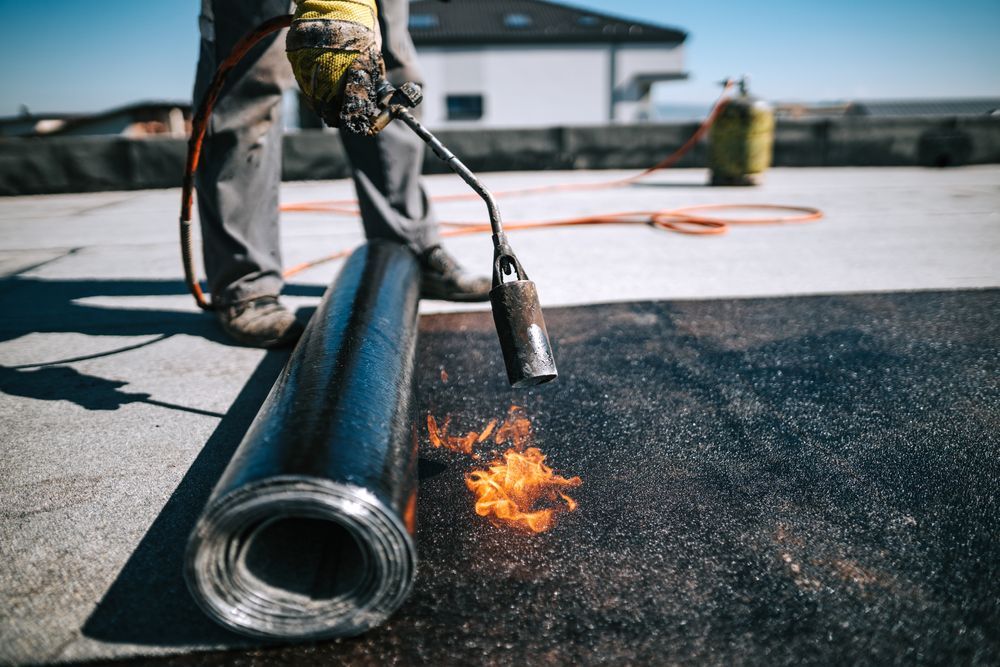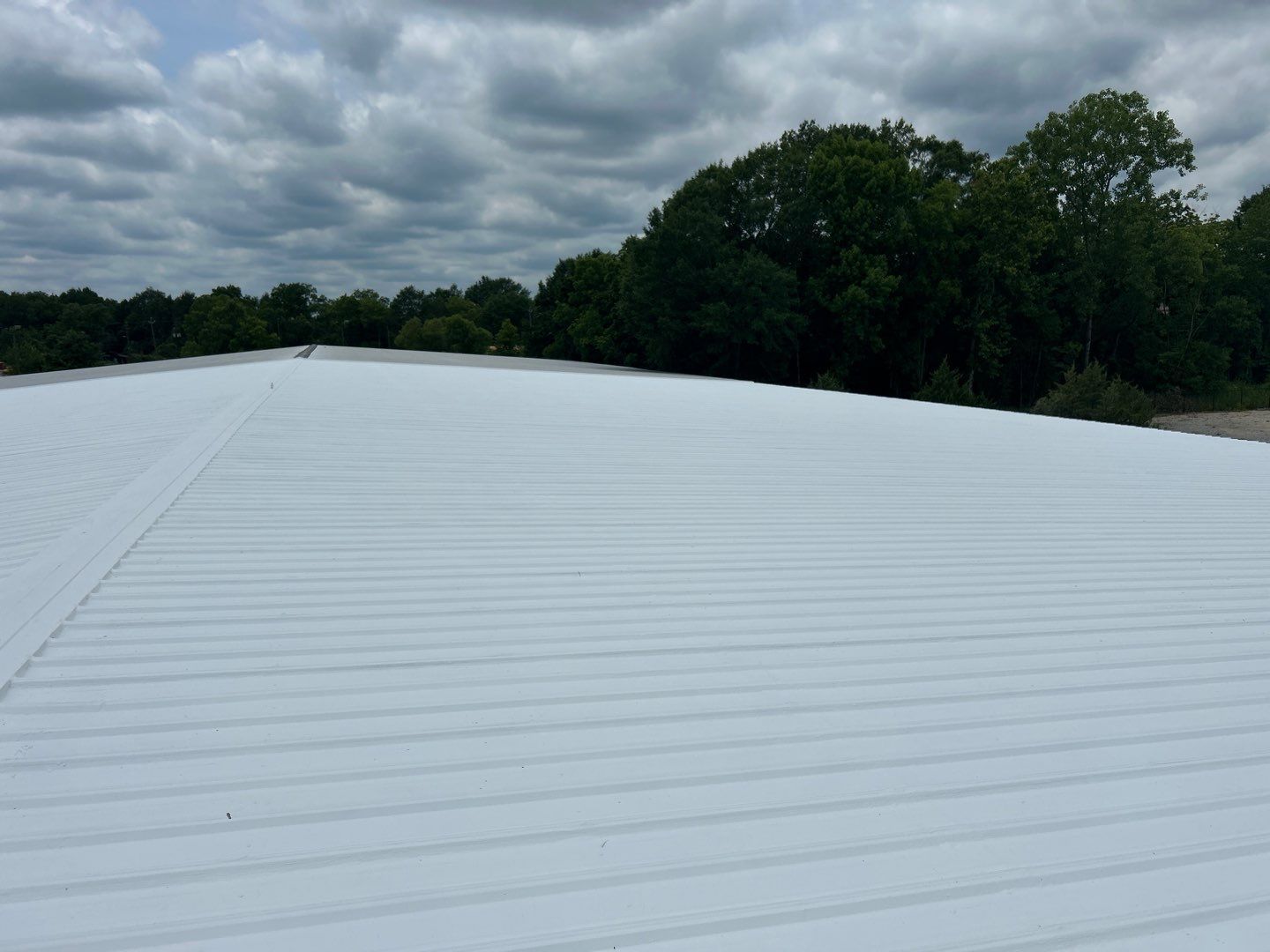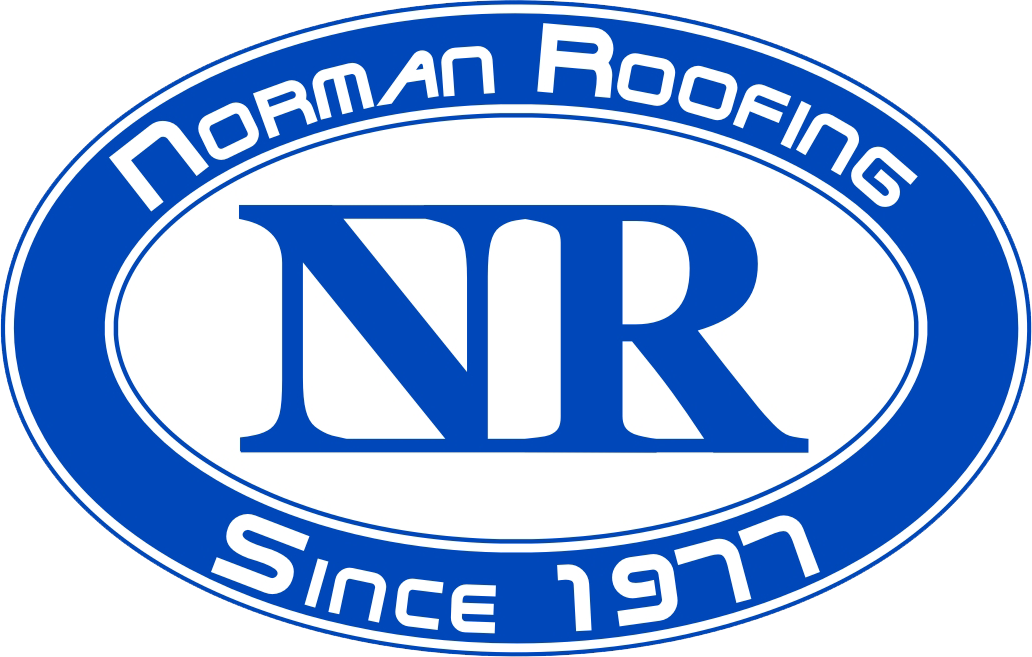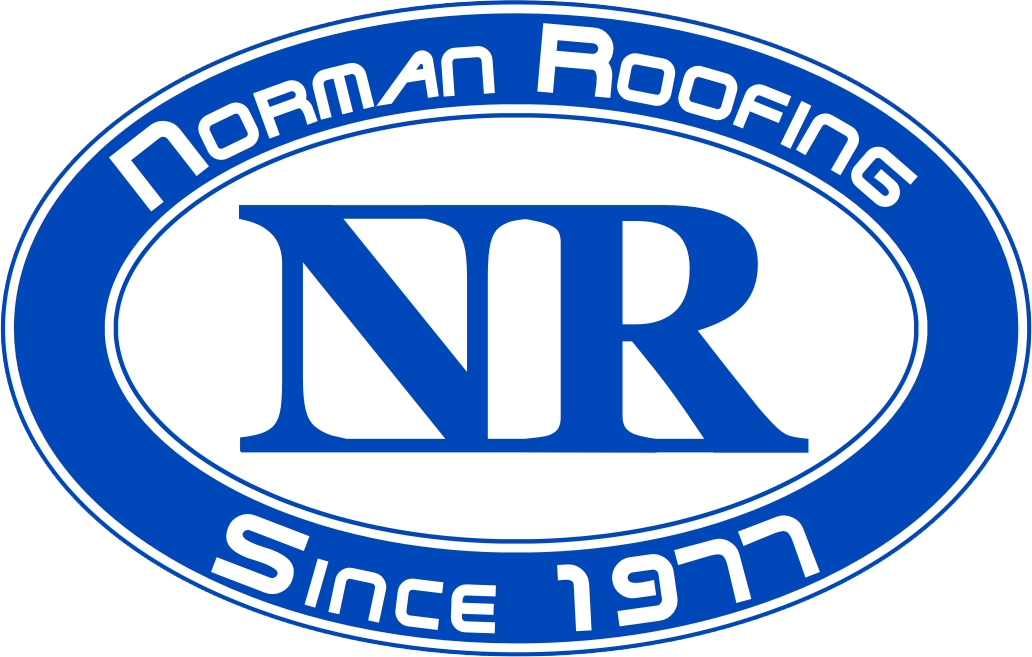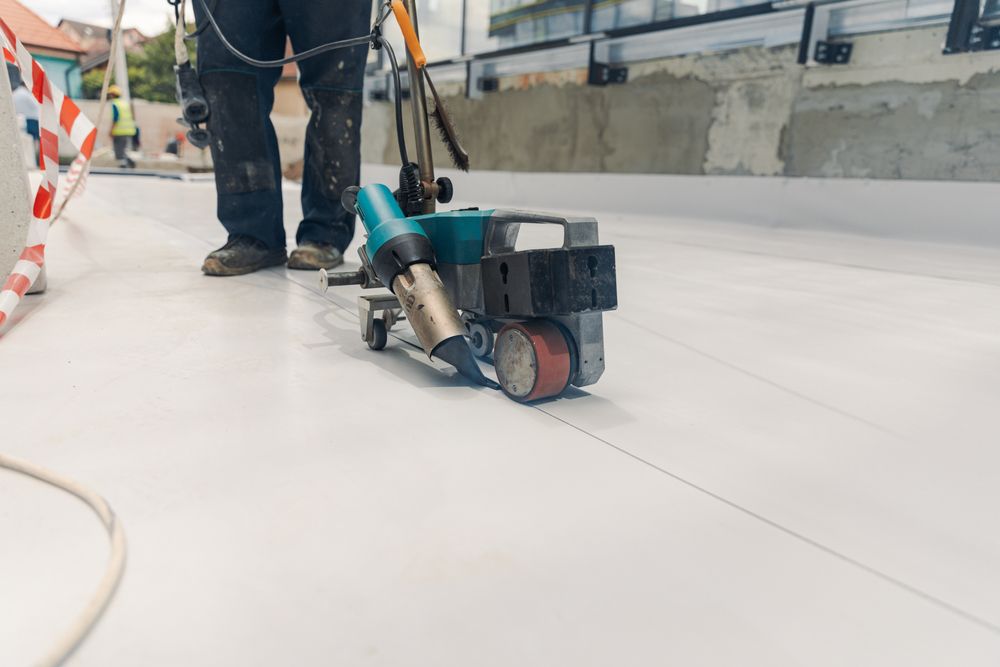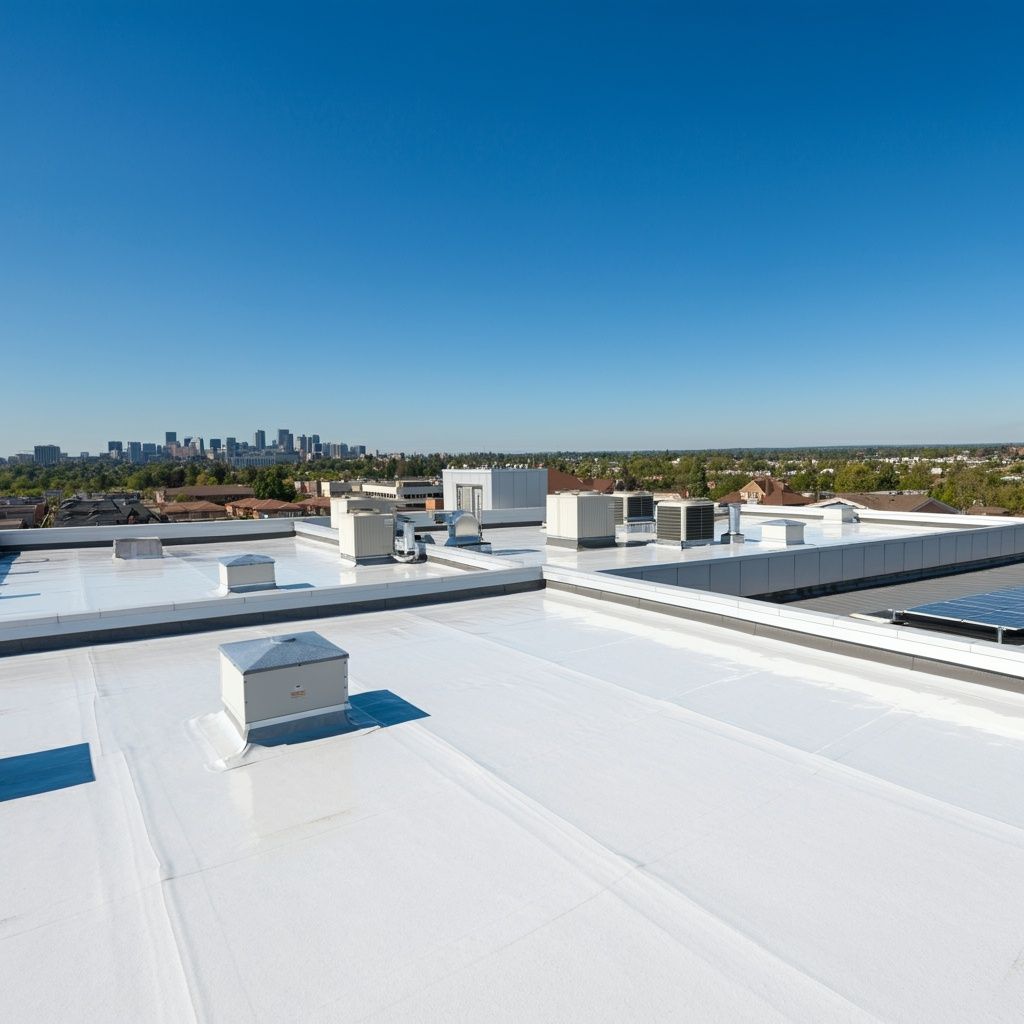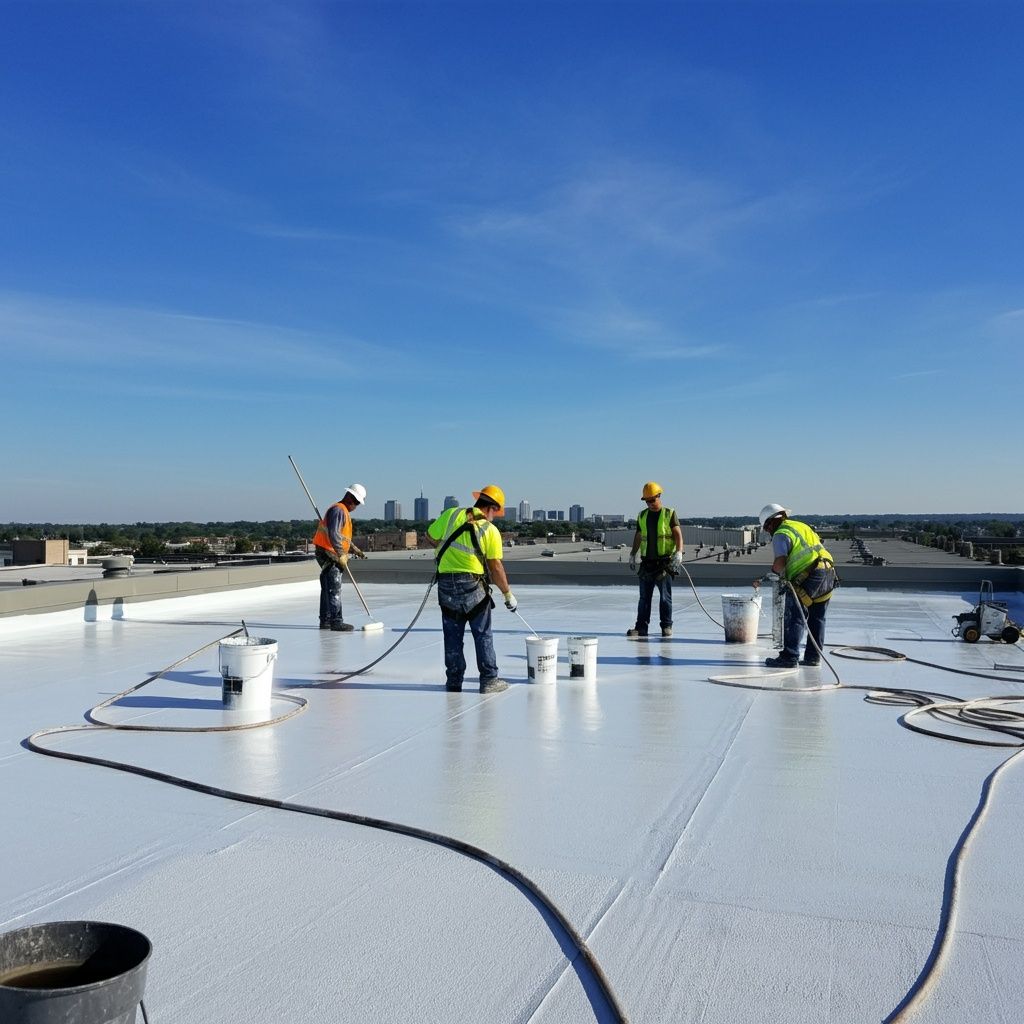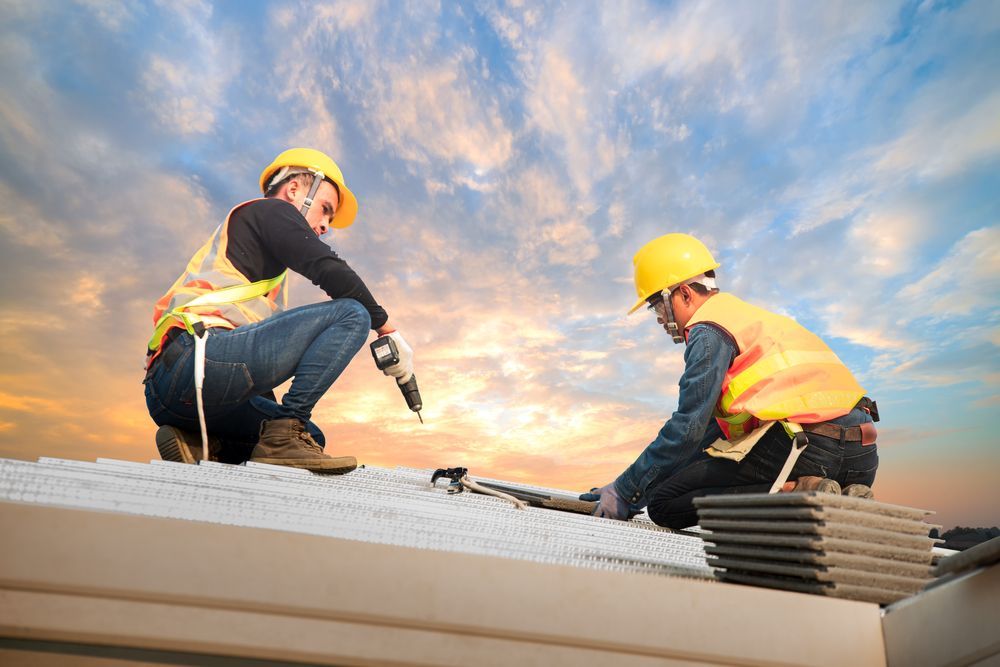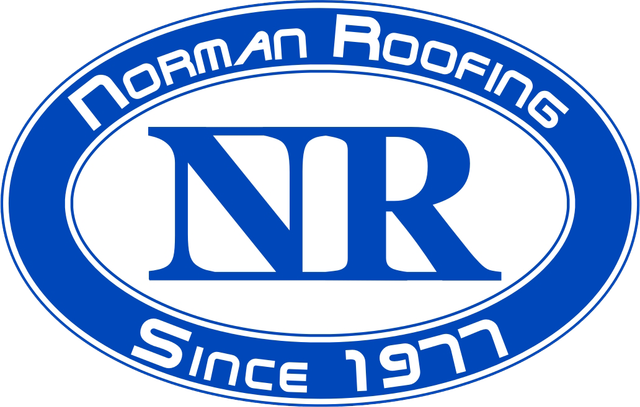Steep-Slope vs. Low-Slope Roofing | Which Is Better for Your MS Business?
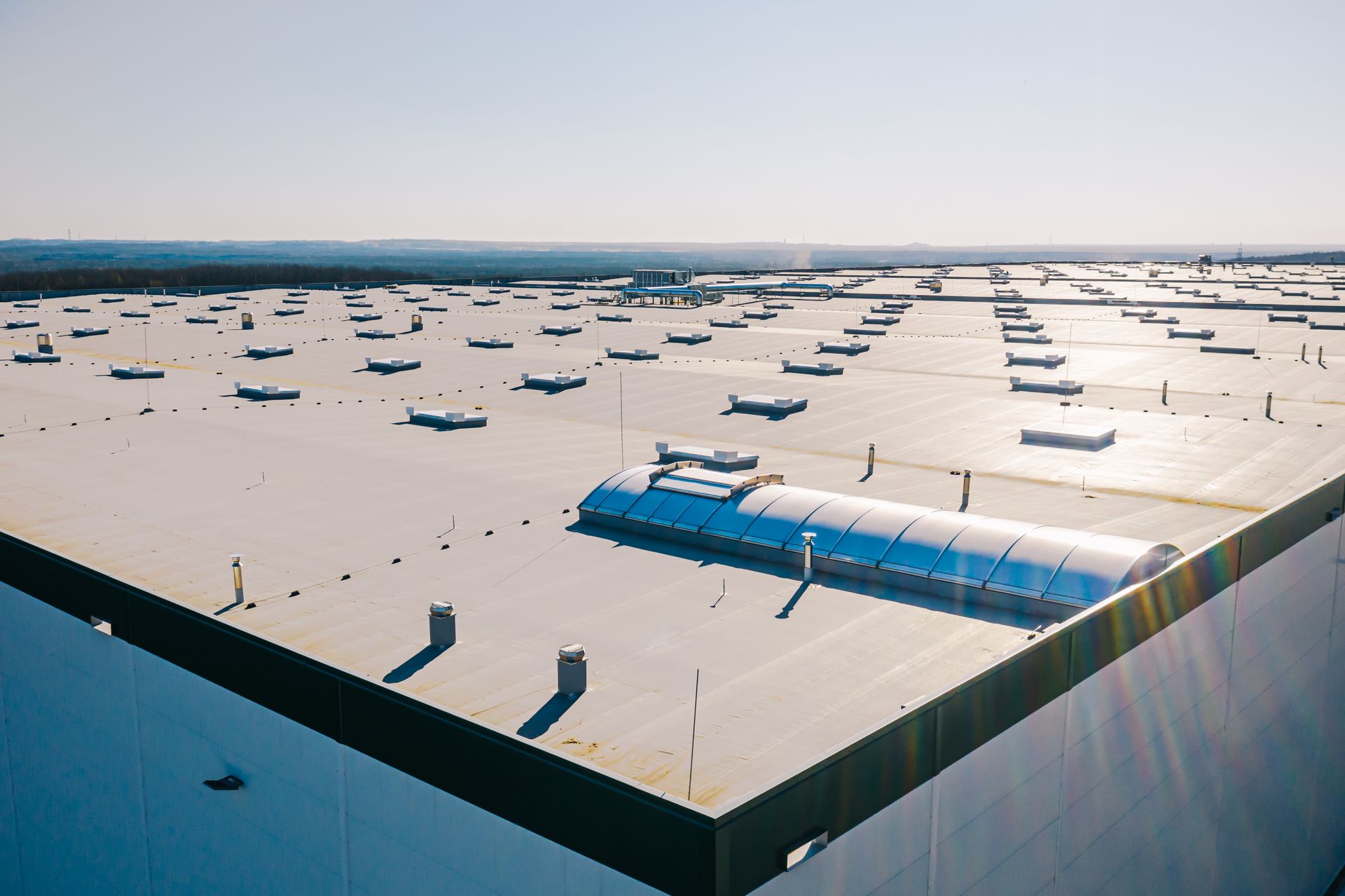
For Mississippi business owners looking to replace their roofs, there are two common types that prevail – steep-slope and low-slope roofing. While they serve the same primary functions, there are significant differences between the two roofing systems. Let’s take a look at both to see what’s best for your business and its specific needs.
First, Let’s Take a Look at Pitch
Before we can discuss the differences in steep-slope and low-slope roofing, it’s important to explain how pitch works, since it's the defining difference between the two systems. Pitch is the steepness of the roof. While pitch is measured in degrees, it can be expressed using the rise and run of your roof.
For example, a roof with a ratio of 1/12, means that for every 12 inches across, the apex of the roof will rise by 1 degree. Another way to think about it is like this: 1(rise)/12(run.)
The most common pitches range from 1:12 to 12:12. However, some roofs are an exception, either having no pitch (0:12) or a pitch higher than 12:12, (i.e. 18:12.)
Steep-Slope Roofing
The National Roofing Contractors Association characterizes steep-slope roofs as having a pitch higher than 3:12. (While this is the general rule, slope guidelines may vary depending on the type of roofing material.) Steep-slop roofs are the most common types of roofs seen on residential homes. They come in a variety of materials. Some examples include asphalt shingles, metal and slate roofs.
Pros:
Steep-slope roofs are beneficial because their pitch allows rainwater, snow and debris to roll off the roof. They require less maintenance and allow for attic storage since they are typically built on an A frame structure. Steep-slope roofs are also considered to be more aesthetically pleasing.
Cons: However, steep-slope roofs can be more expensive to install than low-slope roofs. Because of their design, maintenance and installation can be more complicated than low-slope roofs.
Low-Slope Roofing
The NRCA characterizes low-slope roofs as having a pitch less than, or equal to 3:12. Like steep-slope roofs, this is the official standard. (However, there is room for variation depending on the type of roofing material.) These roofs are most commonly seen on commercial buildings like warehouses and retail stores. They can be made from several materials including single-ply roofing, modified bitumen and built-up roofing.
Pros:
Low-slope roofs are easier (and oftentimes cheaper) to install than steep-slope roofs. Because of their design, they can afford to spare lots of space for large HVAC systems, which are needed to provide sufficient heating and air for large commercial buildings. They are also ideal for solar panels and green spaces.
Cons: Rainwater and snow are slower to drain on low-slope roofs. More maintenance is needed to prevent debris buildup and to keep water from pooling. Additionally, there is not as much variety in the materials used to build low-slope roofs. Low-slope roofs are also considered to be less aesthetically pleasing.
So, What’s Best for Your Business?
If your business is located in a large building like a warehouse, then low-slope roofing is the better option for you. While they do require more maintenance, they are better for holding large HVAC systems and are more cost-efficient in terms of installation.
However, if you have a small business, like a shop or restaurant, steep-slope roofing may be the better option. While installation may be more expensive, steep-slope roofs provide more drainage and require less maintenance.
Plus, steep-slope roofs offer more aesthetic choices, which may benefit your business. This is especially important if it's part of a cultural hub, like a town square or historic section of town.
Looking for Professional Roofing Experts? Give Norman Roofing a Call!
Looking to install a new roof for your commercial or industrial property? We can help! Located in Meridian, we’ve been serving communities across Mississippi and Alabama for 48 years.
We not only perform commercial and industrial roof installations, but we also offer emergency roofing services and metal roofing services. For more information, give us a call at 601-483-4079. To learn more about our roofing options, visit our website by clicking the link
here.
